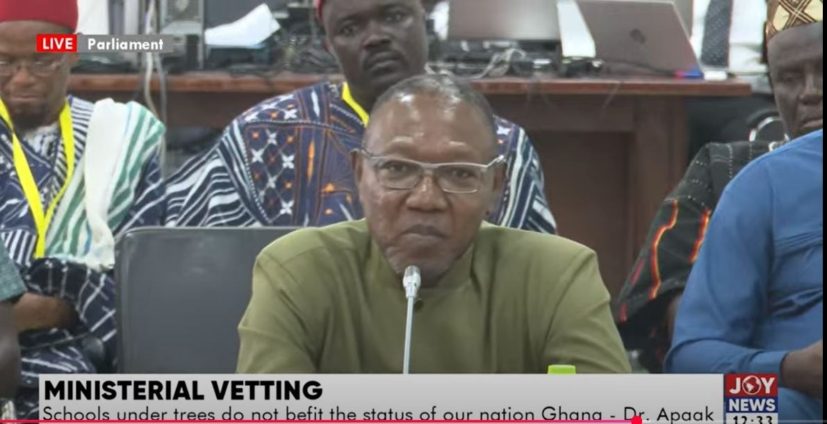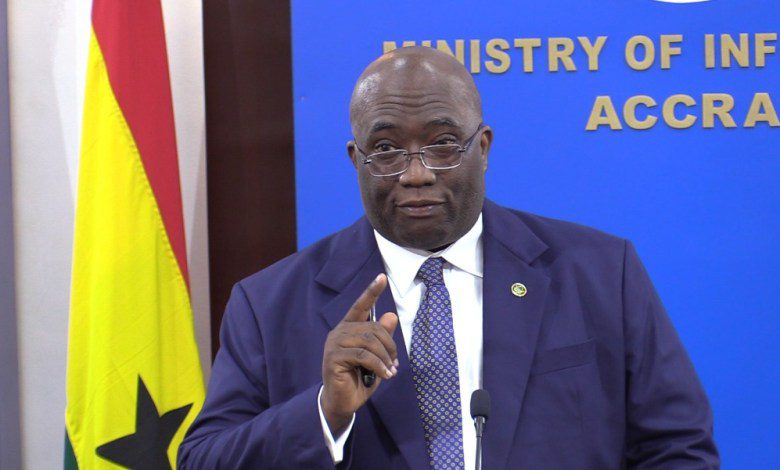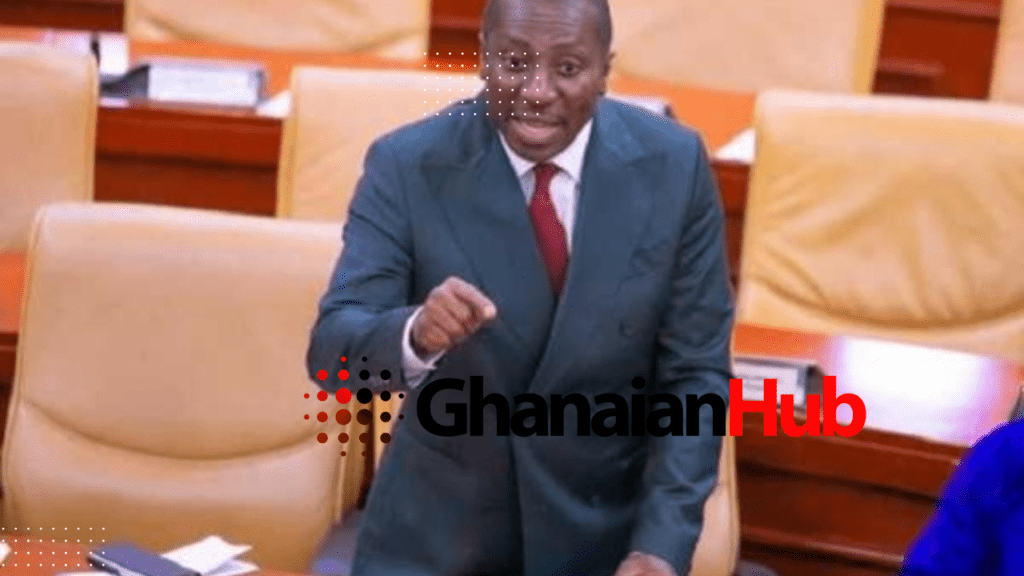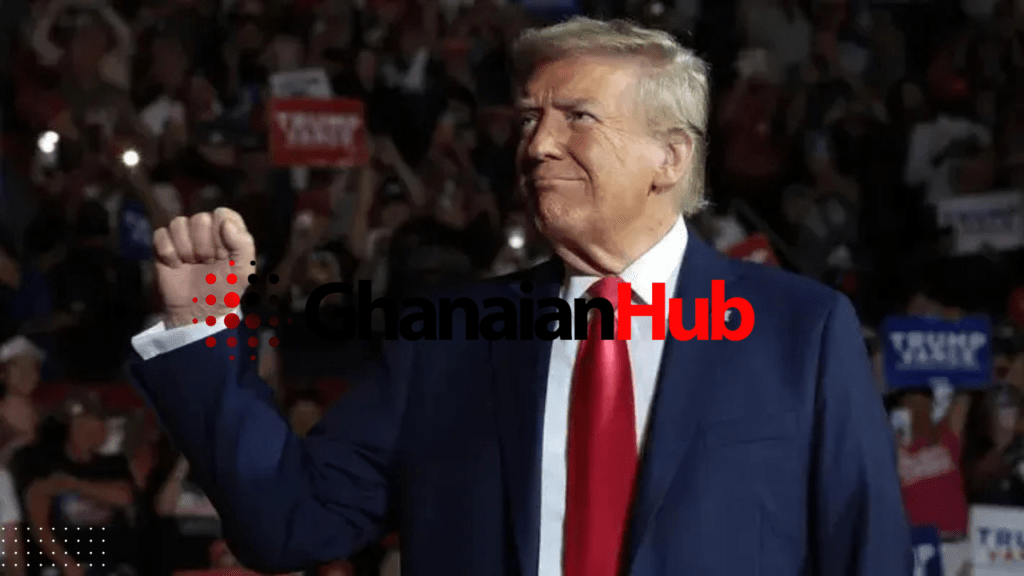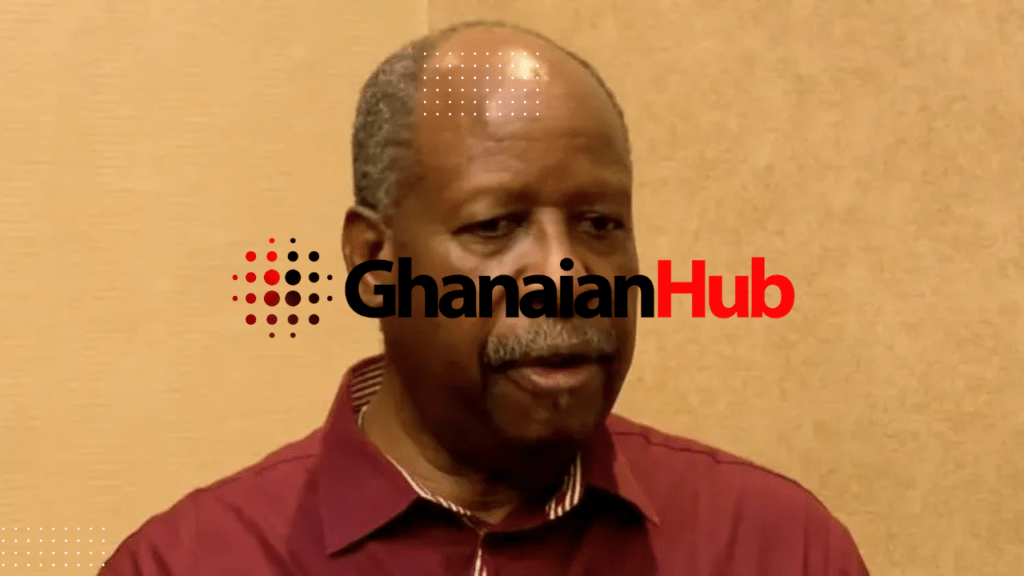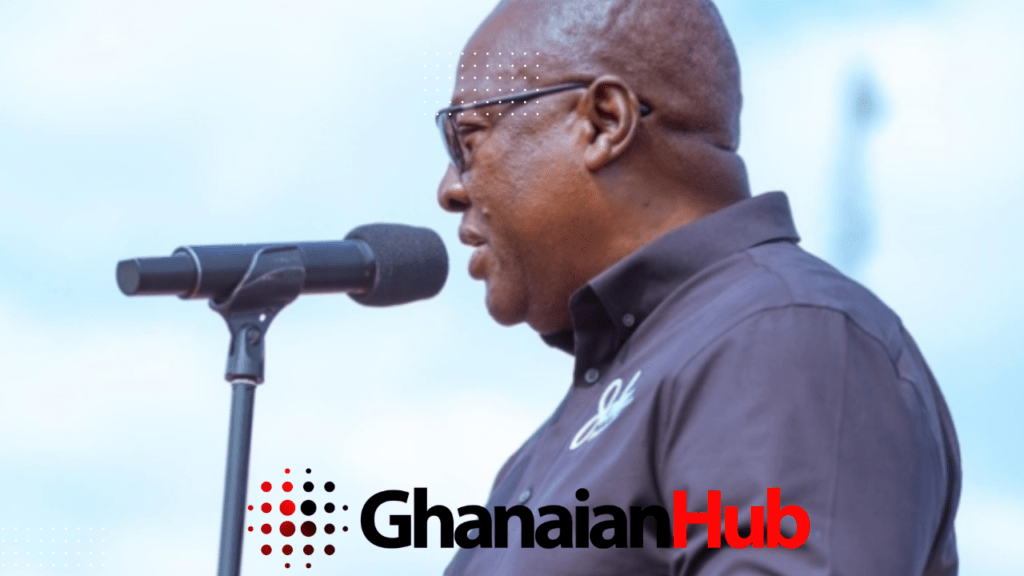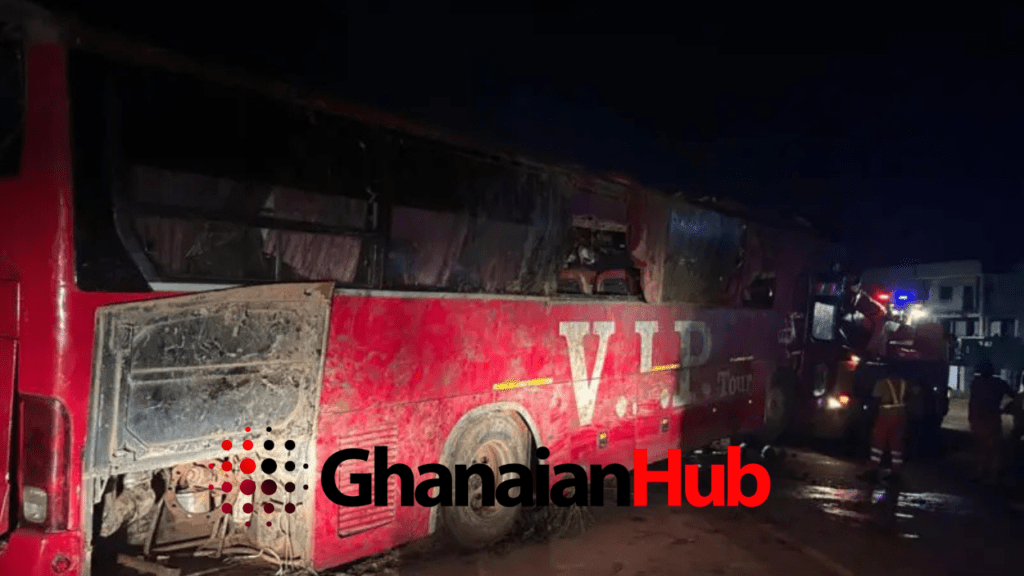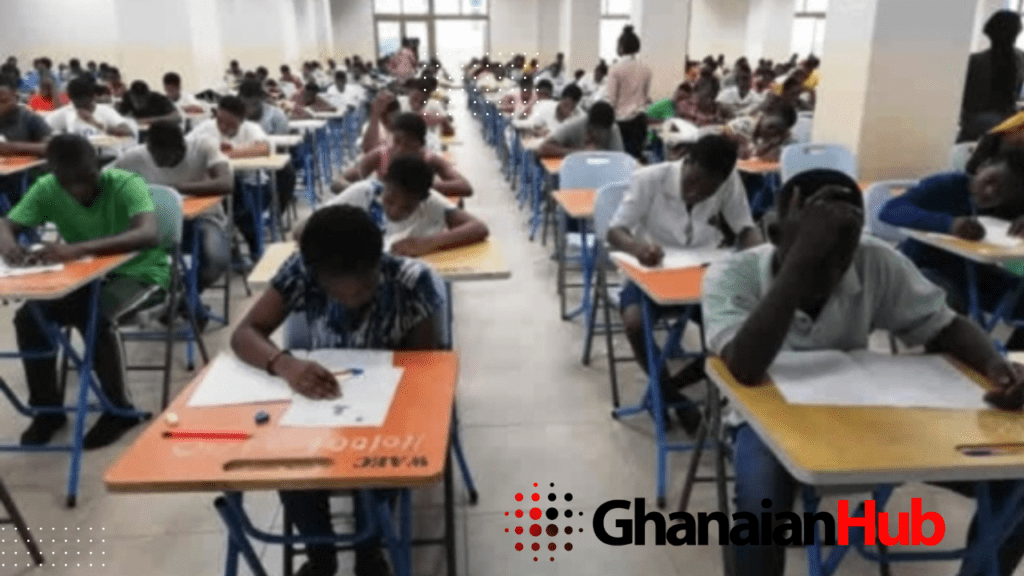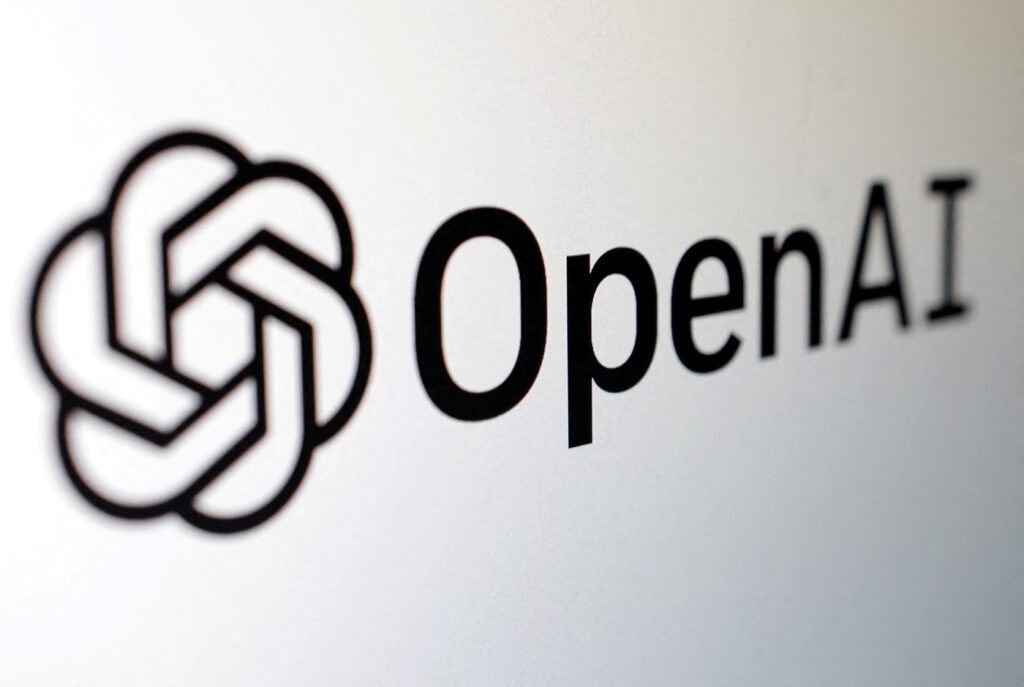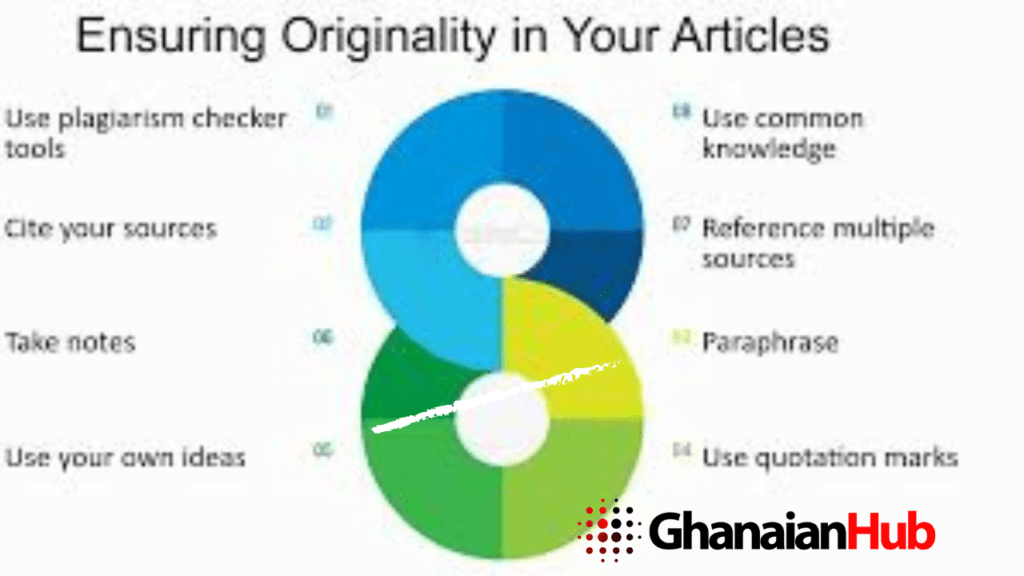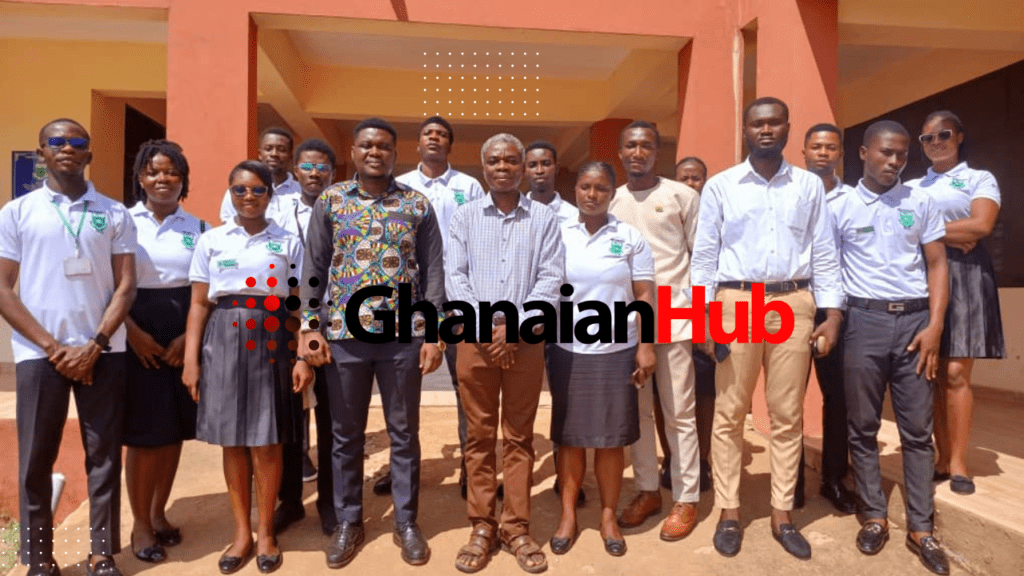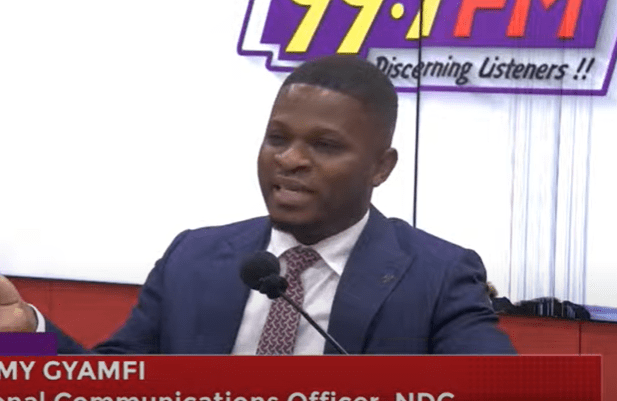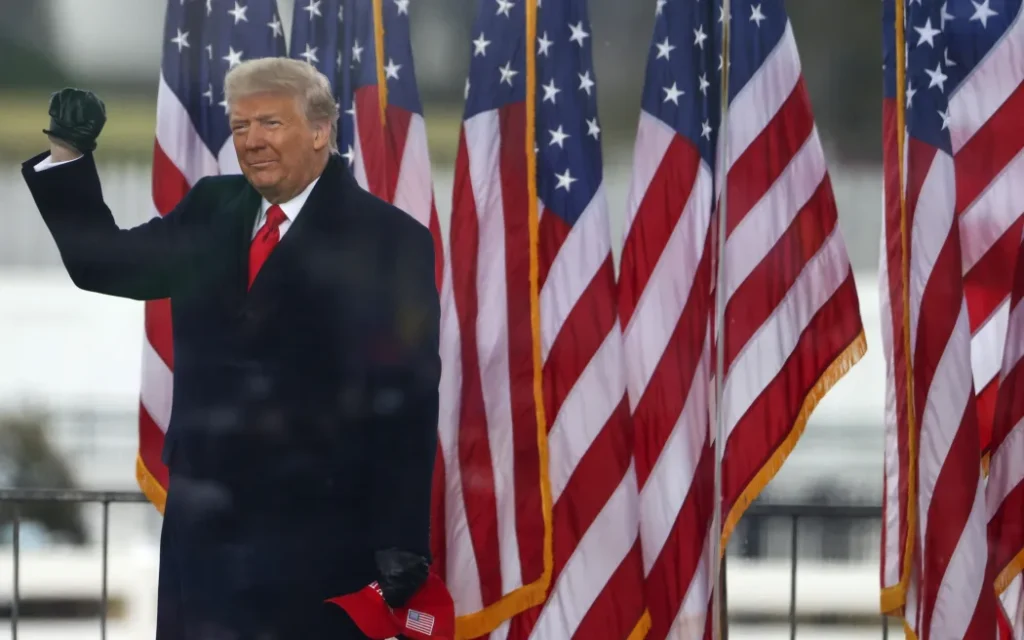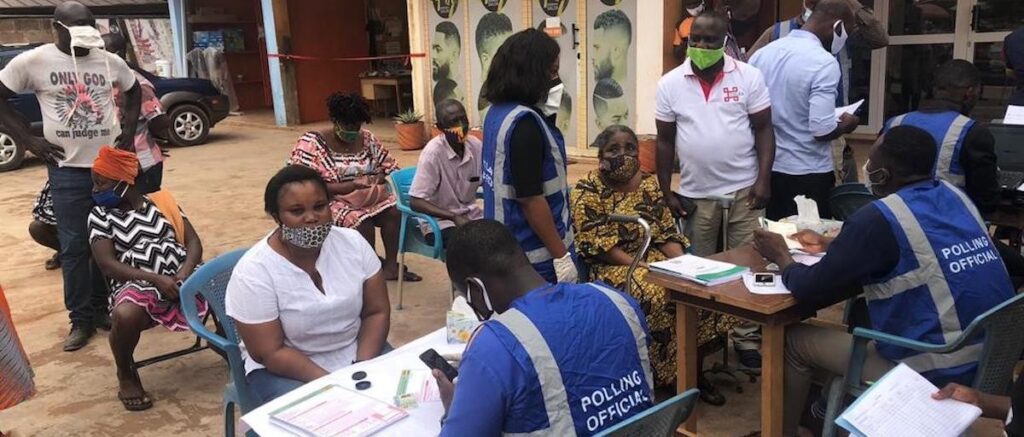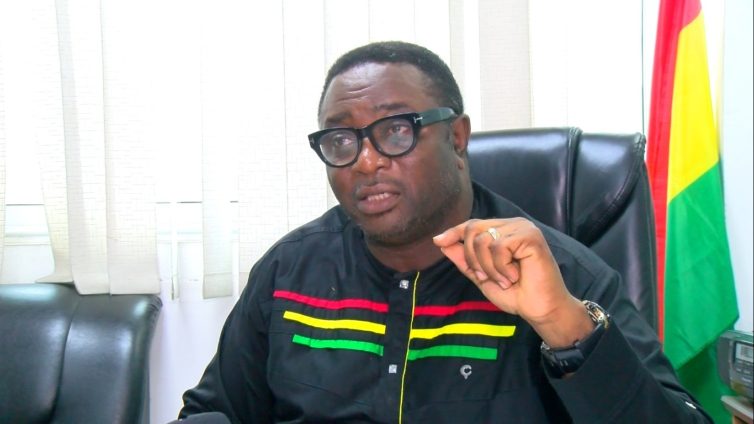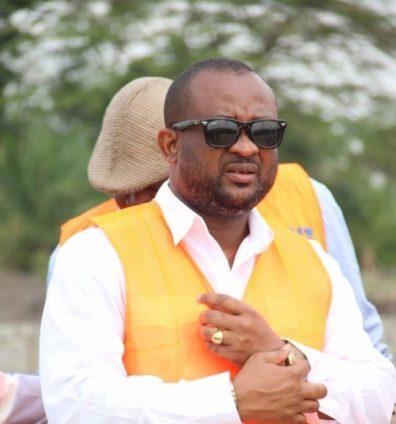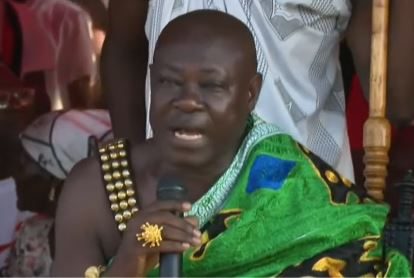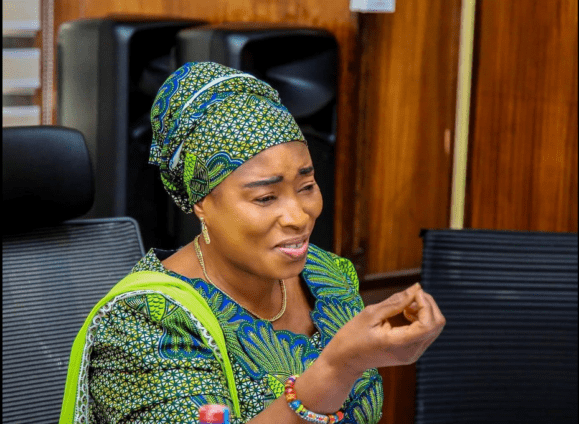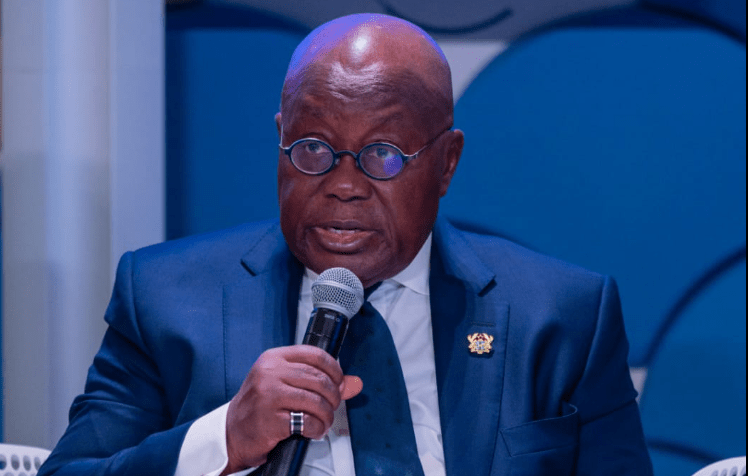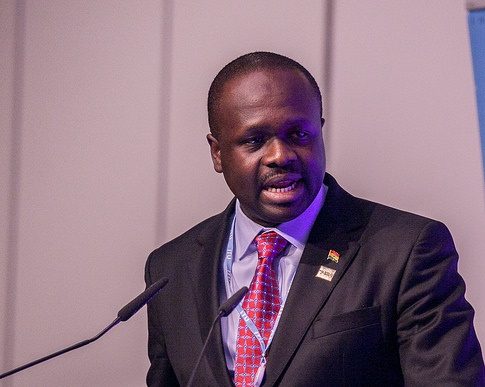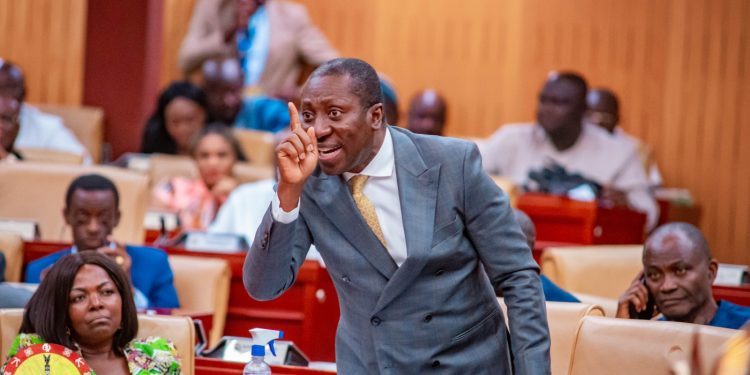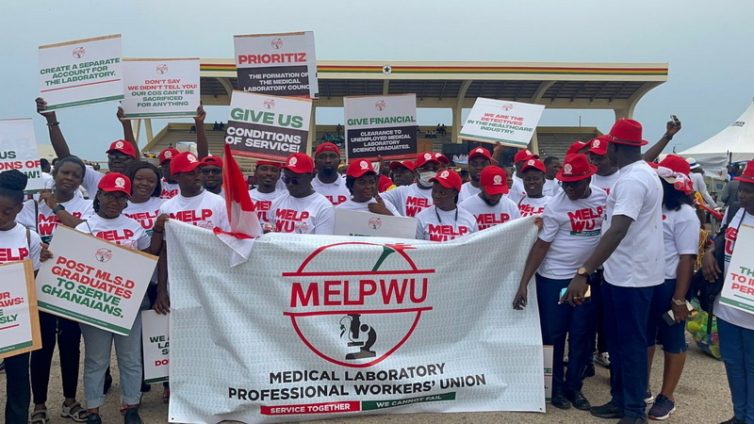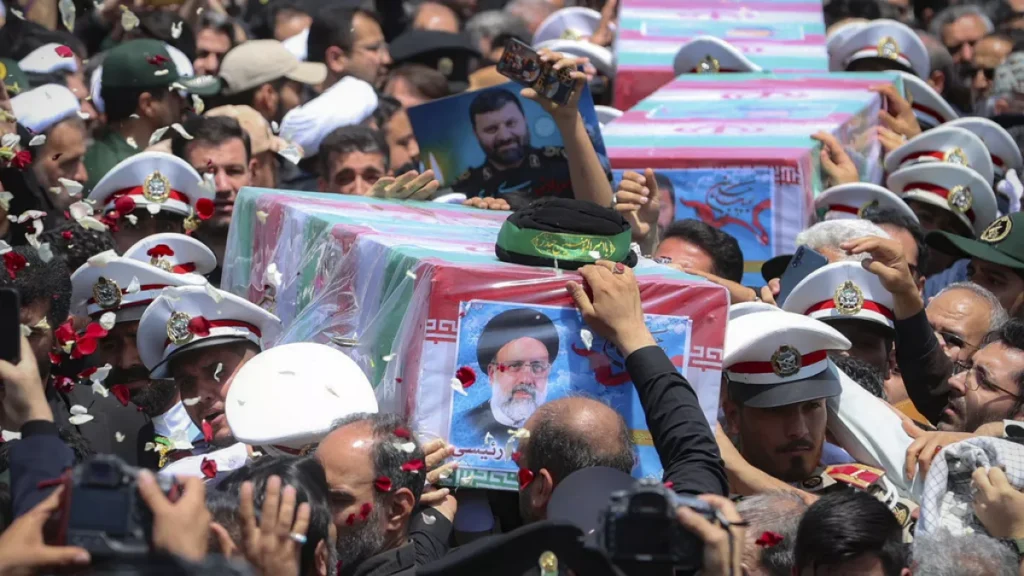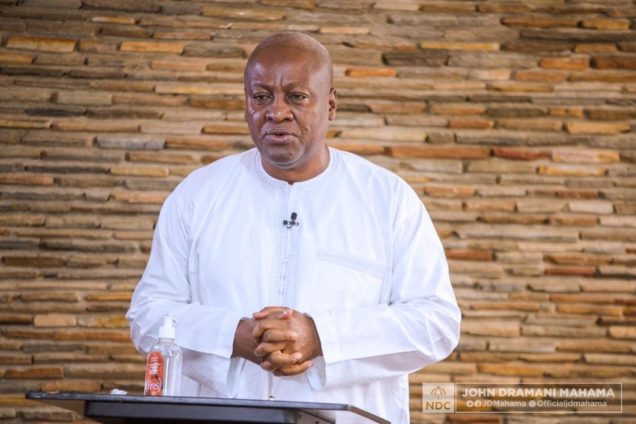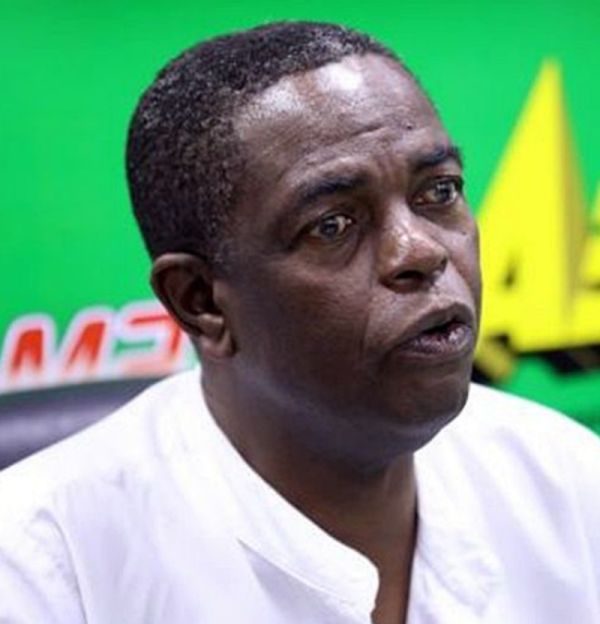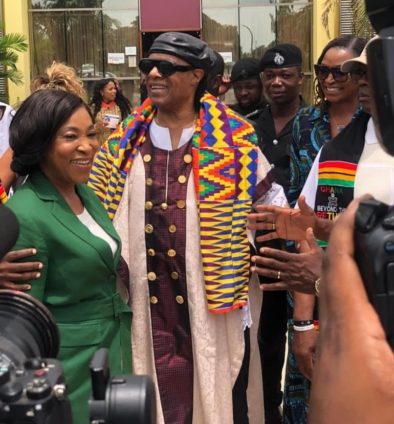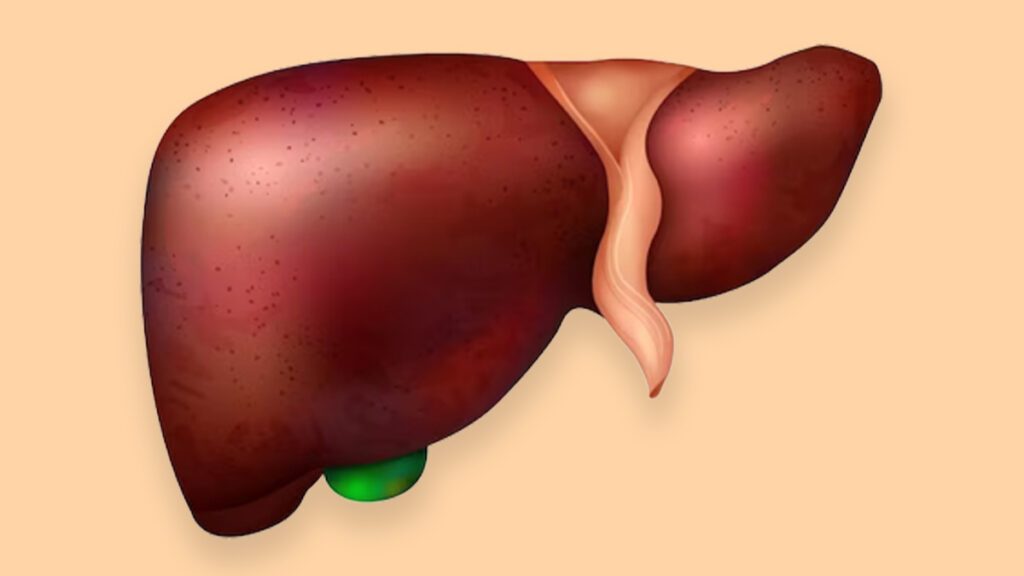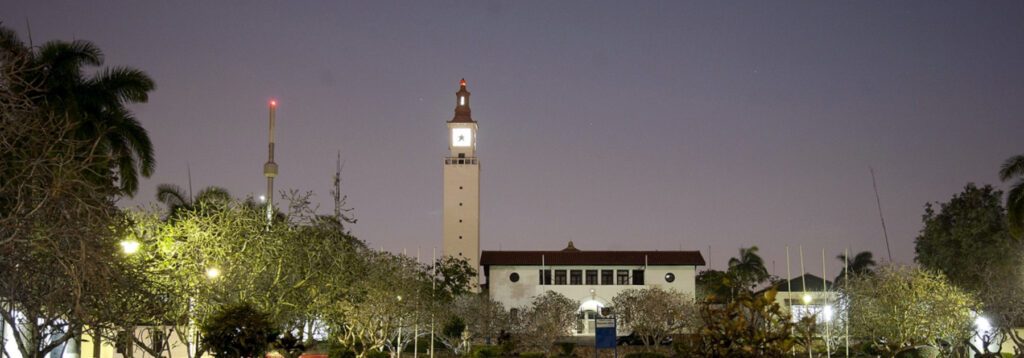Organized Labour Poised to Strike on October 10 Over Illegal Mining Crisis

Organized Labour Poised to Strike on October 10 Over Illegal Mining Crisis
Illegal mining crisis: Organized Labour in Ghana remains firm in its decision to embark on an industrial strike on Thursday, October 10, 2024. This significant action follows the government’s perceived failure to take concrete steps to combat the rampant illegal mining crisis, commonly known as galamsey, which have been wreaking havoc on the country’s forests and water bodies. The labour groups are calling for the government to implement strict measures, including a total ban on mining in forest reserves, to protect the environment and public health.
The Build-Up to the Strike: Government Appeals Fall Short
Despite last-minute appeals from President Nana Addo Dankwa Akufo-Addo, Organized Labour is pressing ahead with its planned strike. On October 3, 2024, the President met with the leadership of various labour unions, urging them to reconsider their decision to strike. During the meeting, he assured them of his administration’s commitment to tackling the environmental devastation caused by illegal mining and promised to take decisive action.

However, after a follow-up meeting on October 5, where labour leaders deliberated on the President’s request for more time to address their demands, the consensus was clear. According to the leadership of the labour unions, the government’s proposals did not sufficiently address the concerns of workers, particularly regarding the ongoing destruction of the nation’s natural resources.
In a statement issued after the meeting, labour leaders said, “We are of the view that what the government has proposed does not adequately address our demands, and therefore, our notice of strike remains unchanged.” The leadership made it clear that they were not satisfied with the government’s assurances and were determined to proceed with their industrial action as planned.
President Akufo-Addo’s Appeal for Unity in Addressing illegal mining crisis
At the heart of the issue is galamsey, a destructive form of illegal mining that has had devastating consequences on Ghana’s environment. Over the years, galamsey has led to widespread deforestation, the contamination of rivers and water bodies, and the destruction of farmlands. Communities that rely on these natural resources for drinking water, agriculture, and livelihoods have been severely affected, and there are growing concerns about the long-term health impacts of polluted water sources.
President Akufo-Addo, aware of the gravity of the situation, made a public appeal to Organized Labour on October 3, asking them to reconsider the strike. During this meeting, he emphasized his administration’s efforts to address the galamsey issue, including policies aimed at regulating mining activities and restoring degraded lands. He stressed the importance of national unity in tackling this crisis, describing illegal mining as a pressing issue that required the cooperation of all Ghanaians, including the labour unions.
However, despite the President’s reassurances, Organized Labour remained unconvinced. They expressed dissatisfaction with the pace of action taken by the government and highlighted that more drastic measures were needed to curb the illegal mining menace.
Organized Labour’s Demands: A Call for Stronger Action
The labour unions are not merely calling for promises but concrete actions that would decisively put an end to galamsey and protect the environment. Among their demands is the declaration of a state of emergency in mining-affected areas, which they believe would allow for a more focused and comprehensive approach to addressing the crisis.
One of the key legislative changes they are calling for is the revocation of Legislative Instrument (L.I.) 2462, which governs small-scale mining activities in Ghana. According to the unions, this regulation has not been effective in preventing illegal mining activities that lead to illegal mining crisis, especially in forest reserves and protected areas. They argue that revoking L.I. 2462 would send a strong message to both illegal miners and those who enable their activities.
Additionally, Organized Labour is demanding the deployment of the military to forest areas and water bodies to clamp down on illegal miners. They believe that the involvement of the military, with its capacity for enforcing law and order, is necessary to combat the often well-organized and heavily armed illegal mining operations that continue to defy regulatory measures.
The Broader Impact of the Strike
The planned strike on October 10 is expected to have a far-reaching impact across various sectors of the economy, as Organized Labour represents workers in key industries, including healthcare, education, transport, and public services. A nationwide strike of this scale could disrupt essential services and put pressure on the government to meet the demands of the unions.
However, the unions have made it clear that they are willing to take this drastic step to protect Ghana’s future. As one union leader stated, “We cannot continue to sit back while our forests are destroyed, our water bodies are polluted, and our communities suffer. This strike is not just about us; it’s about safeguarding the environment for future generations.”
What’s at Stake for Ghana
The strike also highlights the growing frustration among Ghanaians with the government’s handling of the galamsey crisis. For many, illegal mining represents more than just environmental destruction—it symbolizes the failure of governance, the exploitation of the country’s resources by a few, and the erosion of the rule of law. Despite numerous promises by successive governments to end galamsey, the problem persists, and some believe it has worsened.
The environmental damage caused by illegal mining cannot be overstated. Rivers like the Pra and Ankobra, once vital sources of water for nearby communities, have been severely polluted with toxic chemicals, including mercury and cyanide, used in the mining process. Deforestation has stripped many areas of their natural biodiversity, leaving behind barren landscapes that are vulnerable to erosion and other forms of land degradation.
For farmers, galamsey has had devastating consequences. Large tracts of arable land have been rendered unproductive due to illegal mining crisis, forcing many to abandon their farms and seek alternative livelihoods. This has contributed to food insecurity in some regions and has exacerbated poverty levels in already vulnerable communities.
Moving Forward: Will the Government Act?
As the countdown to the October 10 strike begins, all eyes are on the government to see whether it will make a last-ditch effort to meet the demands of Organized Labour or face the economic consequences of a nationwide industrial action. While the President has made it clear that his administration is committed to addressing illegal mining, the unions are skeptical of the government’s ability to follow through on its promises.
The question now is whether the government will take the bold steps necessary to end galamsey once and for all or risk further unrest from both the labour unions and the broader Ghanaian population, who are increasingly losing patience with the slow pace of reform.
For now, Organized Labour’s stance remains unchanged, and unless significant concessions are made, Ghana is set to witness one of the most significant strikes in recent history, with far-reaching implications for the economy and the environment.


 English
English 
